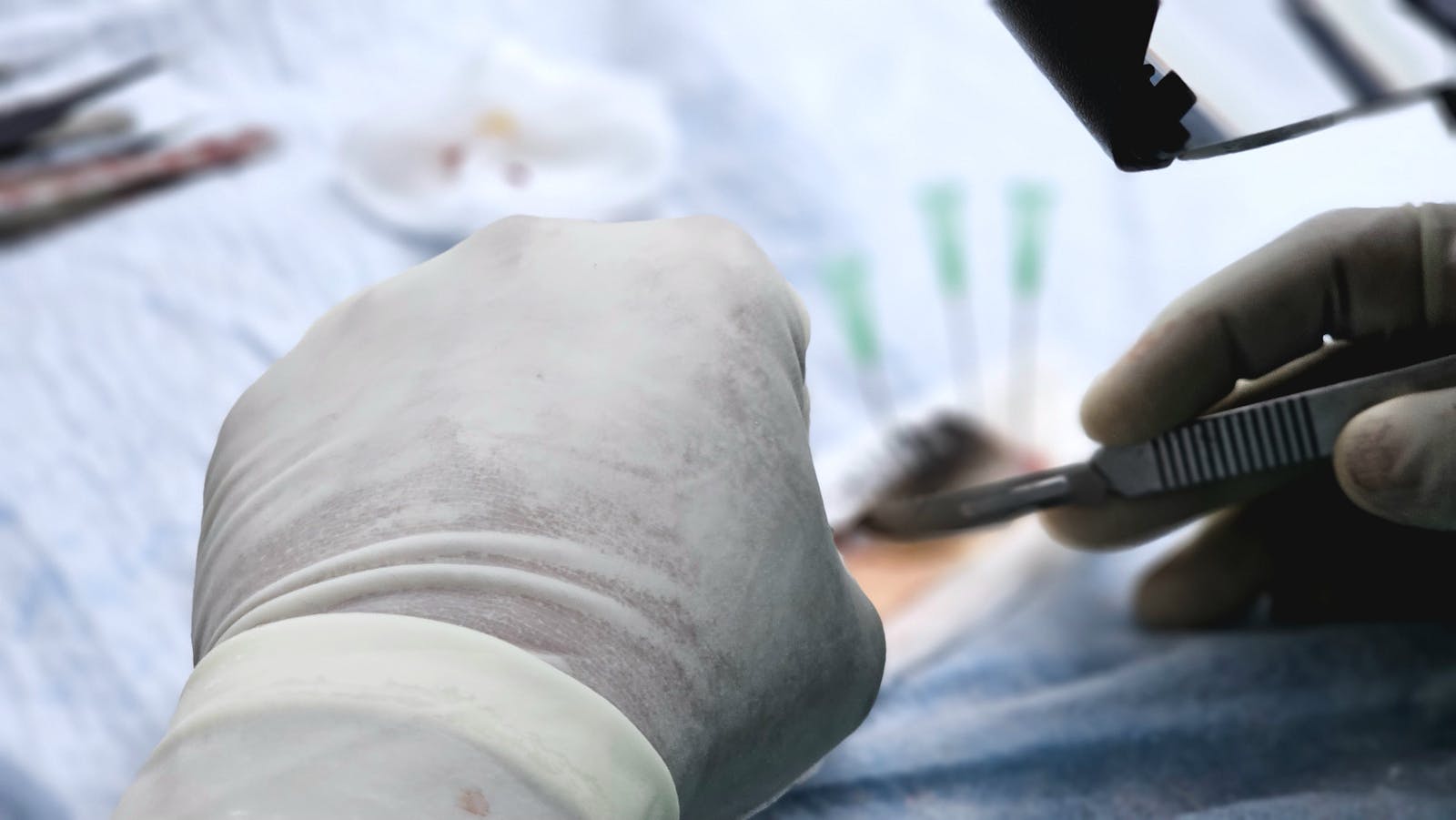How to Have a Hair Transplant Without Scaring Your Kids
Deciding to undergo a hair transplant is a significant step, but if you’re a parent, you might be worried about how your kids will react to the procedure. Children are naturally curious, and seeing a parent with bandages, scabs, or noticeable changes to their appearance can be confusing or even frightening. With the right approach,






















